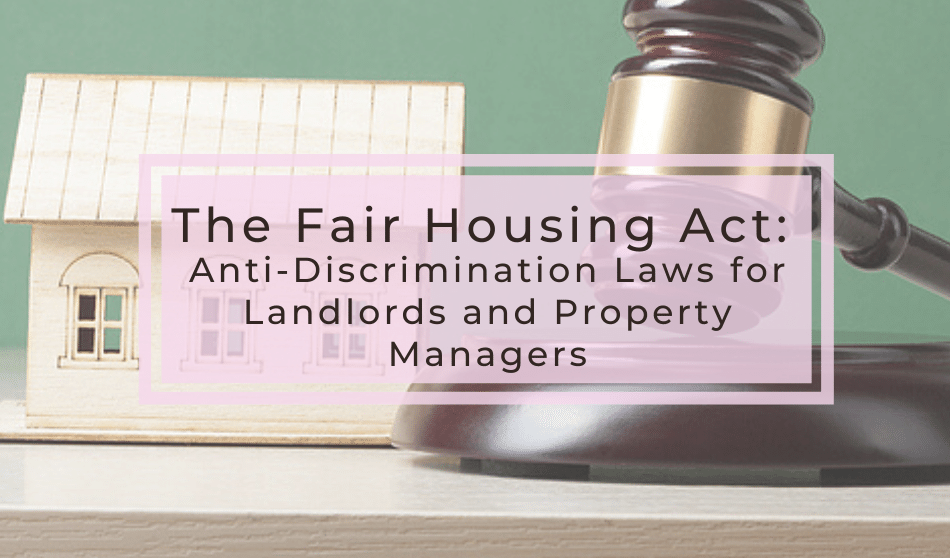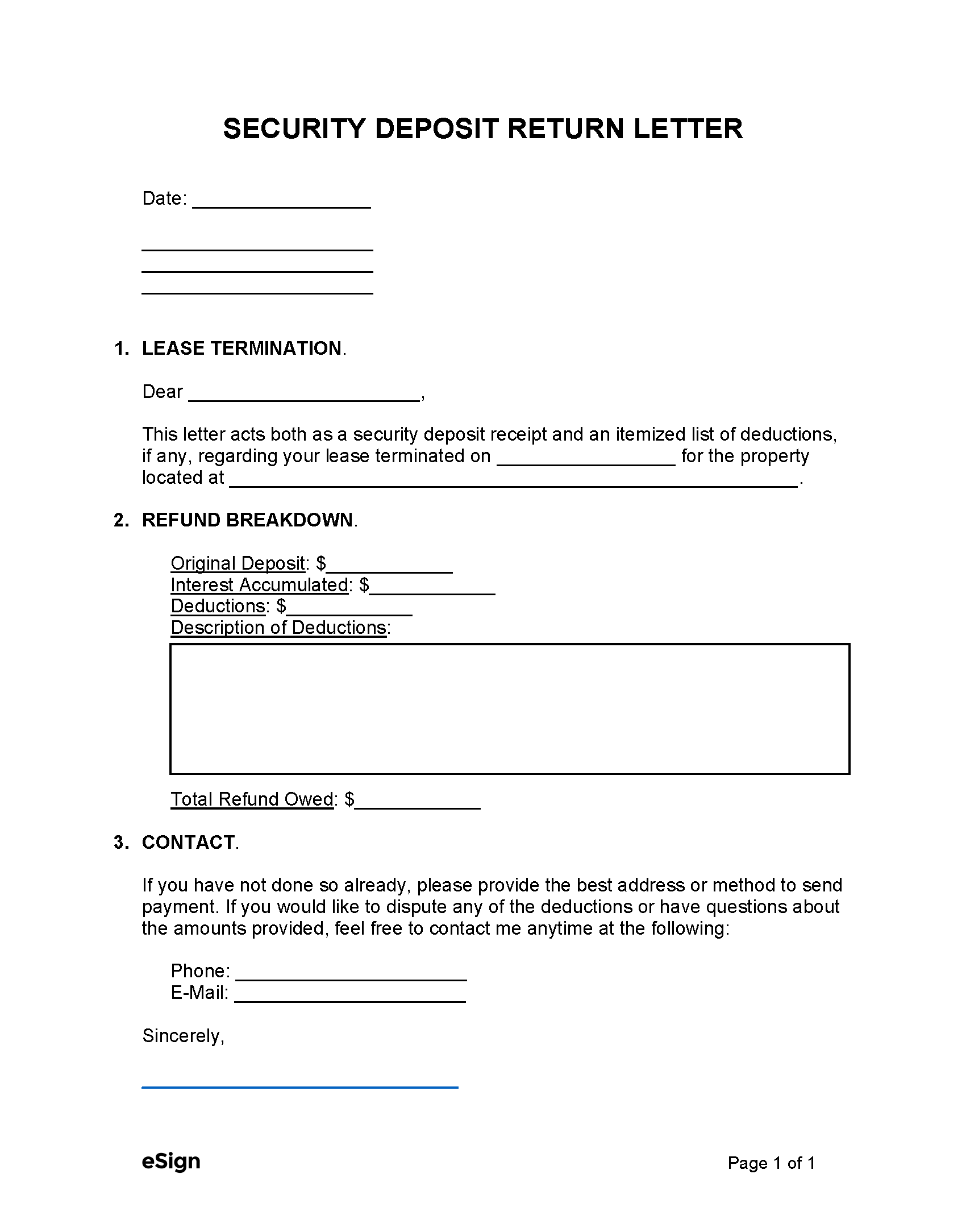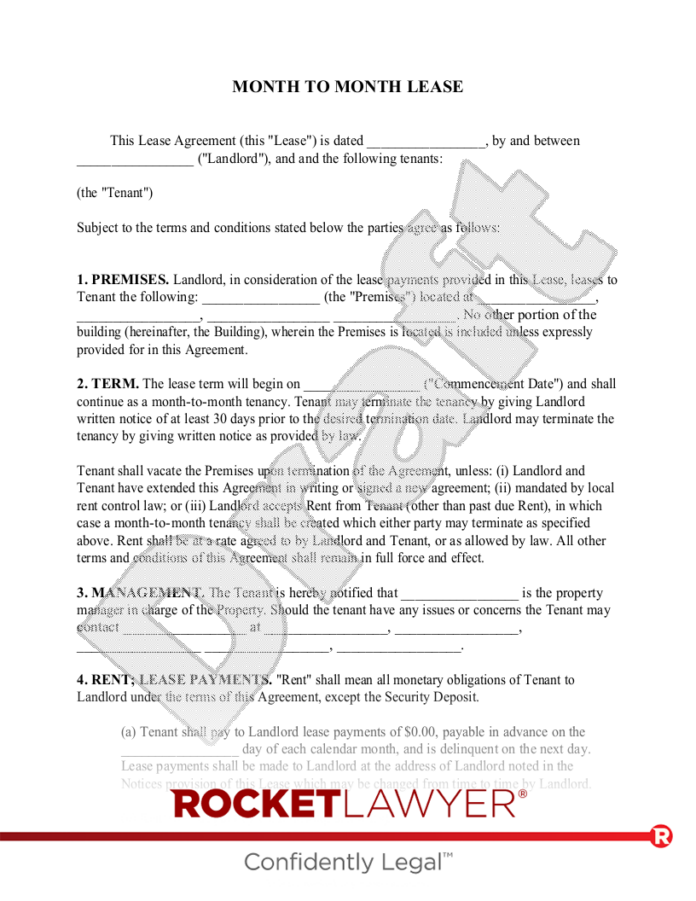Navigating the legal landscape of rental property management is essential for landlords to protect their investments and ensure smooth operations. This article explores the top legal issues every landlord should know, including understanding lease agreements, tenant screening, and fair housing laws. It delves into the legalities of security deposits, maintenance obligations, and eviction procedures. Additionally, it covers tenant privacy rights, rent control laws, insurance considerations, and handling property damage and disputes. By familiarizing themselves with these critical areas, landlords can manage their properties more effectively, avoid legal pitfalls, and foster positive landlord-tenant relationships.
alijyun.com invites you to delve into this topic thoroughly.
1. Understanding Lease Agreements
A lease agreement is a legally binding contract between a landlord and tenant that outlines the terms and conditions of renting a property. It is crucial for landlords to draft clear, comprehensive lease agreements to prevent misunderstandings and protect their interests. Key elements of a lease agreement include the rental amount, payment due dates, lease term, and security deposit requirements. Additionally, it should specify the responsibilities of both parties regarding maintenance, repairs, and utility payments. Clauses addressing pet policies, subletting, and property use restrictions are also important.
Landlords must ensure the lease complies with local, state, and federal laws, including fair housing regulations. It’s advisable to seek legal counsel when drafting or reviewing lease agreements to ensure all legal requirements are met. Providing tenants with a thorough, written lease agreement helps establish expectations and reduce the risk of disputes. Moreover, landlords should conduct a walk-through inspection with the tenant before they move in, documenting the property’s condition to reference during the lease term. By creating detailed and legally sound lease agreements, landlords can better manage their rental properties and build positive, long-term relationships with their tenants.
2. Tenant Screening and Fair Housing Laws
Tenant screening is a critical process for landlords to ensure they select reliable and responsible tenants. This process typically involves evaluating rental applications, conducting background and credit checks, and verifying employment and rental history. Effective tenant screening helps landlords minimize risks, such as late payments or property damage, and maintain a harmonious rental environment.
However, landlords must conduct tenant screening in compliance with Fair Housing Laws, which prohibit discrimination based on race, color, religion, sex, national origin, familial status, or disability. Adhering to these laws is essential to avoid legal issues and promote fairness. To ensure compliance, landlords should develop standardized screening criteria and apply them consistently to all applicants. This includes clearly outlining the income requirements, credit score thresholds, and rental history standards used to evaluate prospective tenants.
It’s also important for landlords to obtain written consent from applicants before performing background and credit checks, as required by law. By following Fair Housing Laws and implementing a fair and thorough screening process, landlords can select suitable tenants while upholding ethical and legal standards. This approach not only protects landlords from potential legal issues but also fosters a respectful and inclusiv

3. Security Deposits and Legal Requirements

Security deposits are funds collected by landlords from tenants to cover potential damages, unpaid rent, or other lease violations. It’s essential for landlords to understand and comply with legal requirements regarding security deposits to avoid disputes and legal issues. These requirements vary by state and locality but generally include limitations on the amount that can be charged, typically one to two months’ rent.
Landlords must provide tenants with a receipt for the security deposit and may be required to store these funds in a separate, interest-bearing account. Additionally, landlords should provide a written statement detailing the condition of the property at move-in and move-out to document any damages beyond normal wear and tear.
Upon lease termination, landlords must return the security deposit within a specified time frame, usually 30 days, and provide an itemized list of any deductions. Failing to comply with these regulations can result in penalties, including the tenant being entitled to recover the full deposit and potentially additional damages. By adhering to legal requirements, landlords can manage security deposits effectively, ensuring a fair process for both parties.
4. Maintenance and Repairs Obligations
Landlords have a legal obligation to maintain rental properties in a safe and habitable condition. This includes ensuring that essential systems such as heating, plumbing, and electrical are functional and addressing issues related to structural integrity, like leaks or pest infestations. Regular maintenance, such as cleaning gutters, servicing HVAC systems, and inspecting for wear and tear, helps prevent larger, costly repairs and ensures tenant safety.
Tenants are typically responsible for minor upkeep, such as changing light bulbs or maintaining cleanliness. However, landlords must address and repair major issues promptly, as failure to do so can lead to legal disputes and potential liability for damages. It’s important for landlords to respond to maintenance requests in a timely manner, adhering to local laws which may require specific time frames for addressing repairs.
A well-drafted lease agreement should clearly outline both the landlord’s and tenant’s responsibilities regarding maintenance and repairs. This clarity helps prevent misunderstandings and ensures that tenants know how to report issues. Regular property inspections can help landlords identify and address potential problems early, maintaining the property’s condition and compliance with habitability standards. By fulfilling maintenance obligations, landlords protect their investments and provide a safe, comfortable living environment for their tenants.

5. Eviction Procedures and Laws

Eviction procedures are governed by local and state laws, which landlords must follow meticulously to ensure a legal and fair process. Typically, eviction begins with a formal notice to the tenant, such as a pay or quit notice, which outlines the reason for eviction and gives the tenant a specific period to remedy the situation, such as paying overdue rent or addressing lease violations.
If the tenant fails to comply, the landlord can file for eviction in the local court. This involves submitting a petition and attending a court hearing where both parties can present their case. If the court rules in favor of the landlord, a judgment for eviction will be issued, and law enforcement will enforce the eviction, allowing the landlord to regain possession of the property.
Landlords must avoid self-help evictions, such as changing locks or removing the tenant’s belongings, as these actions can lead to legal repercussions. Following proper legal procedures ensures that the eviction is enforceable and helps protect the
6. Handling Tenant Privacy and Rights
Respecting tenant privacy and rights is crucial for maintaining a positive landlord-tenant relationship and complying with legal standards. Landlords must understand and adhere to privacy laws that protect tenants from unreasonable intrusions. This includes providing proper notice before entering the rental property, which is typically required to be 24 to 48 hours, except in emergencies.
Landlords should only enter the property for legitimate reasons, such as making repairs, conducting inspections, or showing the property to prospective tenants. It is essential to respect the tenant’s personal space and not use the entry as an opportunity to inspect beyond what is necessary.
Additionally, landlords must handle tenant information, such as personal and financial details, with confidentiality and care. Unauthorized sharing or misuse of this information can lead to legal consequences. By respecting tenant privacy and upholding their rights, landlords not only comply with legal requirements but also foster trus
7. Managing Rent Increases and Rent Control Laws
Managing rent increases requires careful adherence to local rent control laws and regulations, which can vary significantly by jurisdiction. Landlords must understand the rules governing rent adjustments, including limits on how much and how often rent can be increased. In many areas, rent control laws restrict the percentage or dollar amount by which rent can be raised annually, and some places require a formal notice period before implementing any increase.
Landlords should also ensure that rent increase notices are provided in writing and within the legally required timeframe, typically 30 to 60 days before the increase takes effect. Failure to comply with these regulations can result in legal challenges or penalties.
Staying informed about local rent control ordinances and adhering to legal requirements helps landlords manage rent increases effectively while maintaining compliance. By following these guidelines, landlords can avoid disputes and ensure a transparent and fair process for adjusting rental rates.
8. Insurance and Liability Considerations
Insurance and liability considerations are critical for landlords to protect their properties and mitigate financial risks. Landlords should obtain comprehensive landlord insurance, which typically covers property damage, loss of rental income, and liability for injuries occurring on the property. This insurance helps protect against financial losses due to events like fire, vandalism, or natural disasters.
Additionally, landlords may need to secure liability insurance to cover potential claims from tenants or visitors who might be injured on the property. This includes coverage for slip-and-fall accidents, structural issues, or other hazards.
It’s also advisable for landlords to encourage tenants to obtain renter’s insurance, which covers the tenant’s personal belongings and provides liability protection. While not mandatory, it can help reduce disputes and ensure that tenants are also financially protected.
Regularly reviewing and updating insurance policies ensures adequate coverage and compliance with legal requirements. By investing in proper insurance and understanding liability considerations, landlords can safeguard their assets and reduce the risk of costly legal claims.
9. Dealing with Property Damage and Tenant Disputes
Dealing with property damage and tenant disputes requires a proactive and systematic approach to minimize conflicts and maintain property condition. When property damage occurs, landlords should document the damage thoroughly with photographs and written descriptions. This documentation is essential for assessing repair costs and resolving disputes regarding security deposits.
Promptly addressing repairs and maintenance issues helps prevent further damage and demonstrates a commitment to maintaining the property. Landlords should use reliable contractors and keep records of all repairs and communications with tenants. Regular inspections can help identify and address issues before they escalate.
In the event of tenant disputes, clear communication and a fair process are key. Landlords should listen to tenant concerns and seek to resolve disputes amicably. If conflicts arise, having a well-documented lease agreement and maintenance records can support the landlord’s position.
For unresolved disputes, mediation or arbitration can offer an alternative to legal action. This approach can be less costly and time-consuming. By handling property damage and tenant disputes effectively, landlords can maintain property value, ensure tenant satisfaction, and reduce the risk of legal issues.
Understanding and managing legal issues in rental property management is essential for landlords to protect their investments and maintain positive tenant relationships. By adhering to laws related to lease agreements, tenant screening, security deposits, maintenance, evictions, privacy, rent increases, insurance, and property damage, landlords can effectively navigate the complexities of property management. Proactive compliance with these legal requirements not only safeguards landlords from potential disputes but also fosters a fair and well-maintained rental environment.
alijyun.com
alijyun.com

